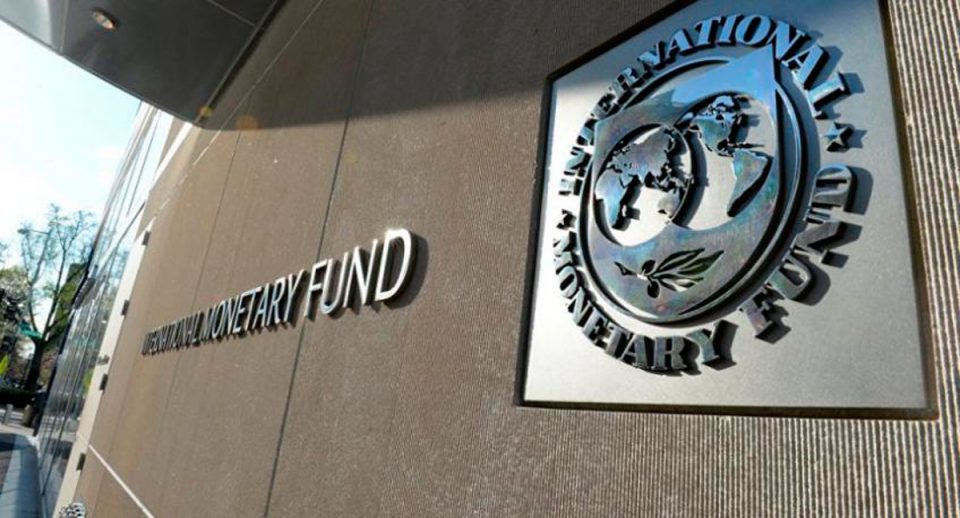The International Monetary Fund (IMF) has increased Nigeria’s growth prospect to 2.6 per cent and 2.7 per cent for 2021 and 2022, respectively, despite reducing the rate of global growth prospect due to the COVID-19 Delta variant.
According to the October 2021 World Economic Outlook Report, which was released on Tuesday, the growth forecast for Nigeria was originally pegged at 2.5 per cent in 2021 and 2.6 per cent in 2022.
However, in view of the 3.7 per cent 2021 and 2022 growth forecast for sub-Saharan Africa, Nigeria is 1.1 per cent behind in 2021 and one per cent behind in 2022.
Despite the slight positive outlook for Nigeria, the IMF has slightly downgraded global growth projections for 2021.
The projection for 2021 was downgraded by 0.1 percentage points to 5.9 per cent, while the global growth forecast for 2022 remained unchanged at 4.9 per cent.
The IMF justifies this, stating that supply chain disruptions negatively affected recovery in the advanced economies, while lack of access to Covid-19 vaccines held back prospects for the emerging economies.
IMF chief Georgieva speaks after allegations of data manipulation
The Economic Counsellor/Director of Research, IMF, Gita Gopinath, said risks to the economy had increased due to the Delta variant, with the pandemic disrupting supply chains and fuelling inflation.
She said: “The momentum has weakened, hobbled by the pandemic. Fuelled by the highly transmissible Delta variant, the recorded global recovery continues but the COVID-19 death toll has risen close to five million and health risks abound, holding back a full return to normalcy.
“Pandemic outbreaks in critical links of global supply chains have resulted in longer-than-expected supply disruptions further feeding inflation in many countries. Overall, risks to economic prospects have increased, and policy trade-offs have become more complex.”
Gopinath added that the outlook for the low-income developing country group had darkened considerably due to worsening pandemic dynamics.
She said the downgrade also reflected more difficult near-term prospects for the advanced economy group, in part due to supply disruptions.
“Partially offsetting these changes, projections for some commodity exporters have been upgraded on the back of rising commodity prices. Pandemic-related disruptions to contact-intensive sectors have caused the labour market recovery to significantly lag the output recovery in most countries,” Gopinath added.



